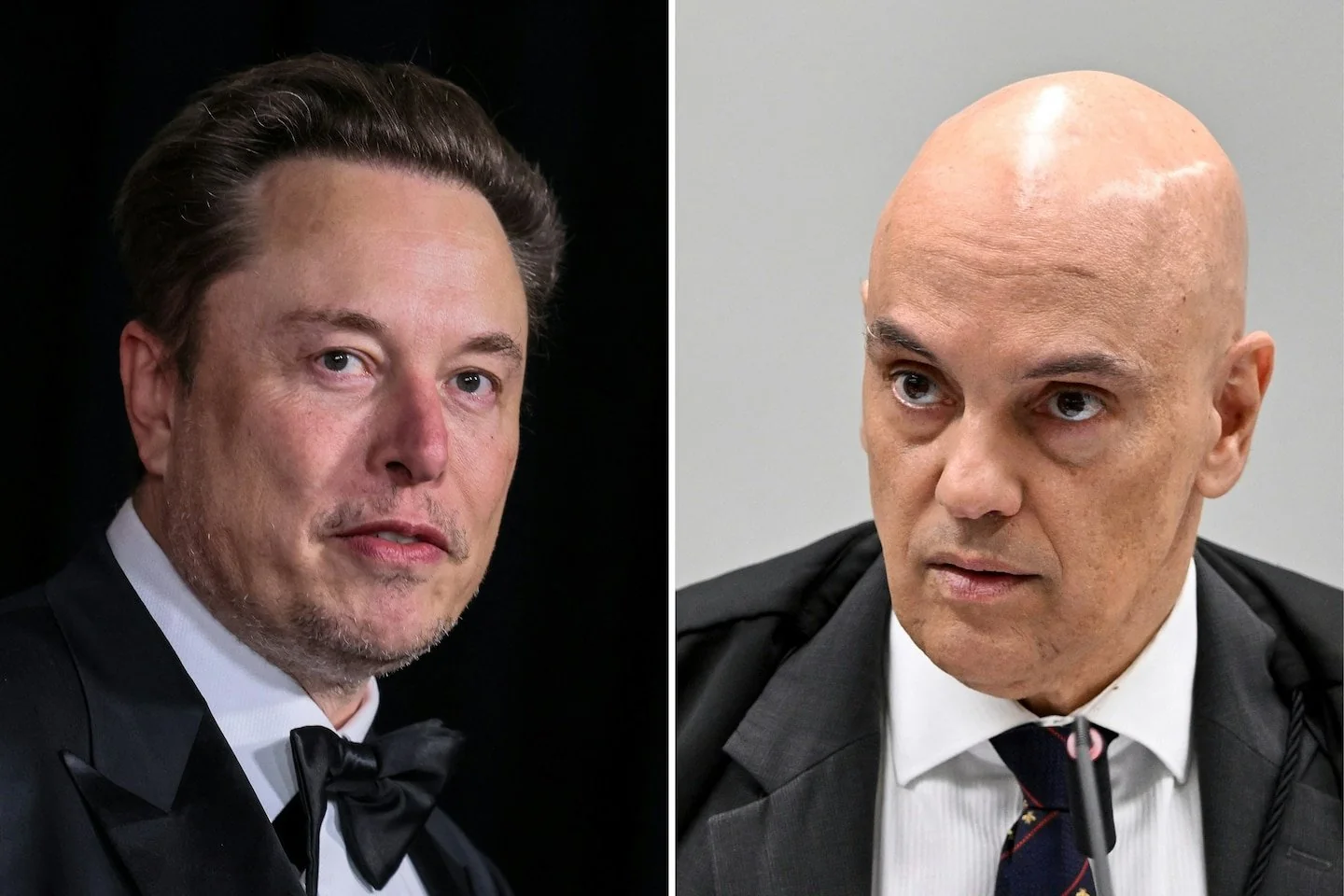Elon Musk Blinks First, Bowing to Pressure in Brazil to Reopen X
In a surprising turn of events, Elon Musk has yielded to political pressure in Brazil, reopening his social media platform X after facing significant regulatory and public scrutiny. As the owner of one of the world’s most influential social media platforms, Musk’s decisions have far-reaching consequences, both in terms of global policy and the digital landscape. The situation in Brazil underscores the complexity of balancing corporate power, national regulations, and freedom of expression. This blog will explore how Elon Musk’s decisions regarding X (formerly Twitter), the pressure from Brazilian regulators, and the role of global policies are shaping the future of social media.
The Controversy Surrounding X in Brazil
Elon Musk has been in the spotlight for his bold moves in the tech world, especially following his acquisition of Twitter, rebranded as X. However, his platform has faced regulatory hurdles in multiple countries, including Brazil, where his decisions have caused significant controversy. The Brazilian government raised concerns about X platform’s role in spreading misinformation, hate speech, and undermining democratic processes. This led to tensions between Musk and Brazilian authorities, who demanded stricter oversight and regulatory compliance for the platform to continue operating in the country.
Elon Musk’s Pressure from Brazil
The situation escalated when Brazil began enforcing stringent social media regulations designed to curb the spread of disinformation and ensure accountability among tech platforms. Elon Musk initially resisted these measures, citing concerns over free speech and the potential for overreach by governments. However, after a series of warnings and public outcry, Musk blinked first, bowing to pressure from Brazilian authorities and agreeing to reopen X with new compliance standards in place(Global Training Center).
Brazilian Social Media Regulations: What Forced Musk’s Hand?
Brazil’s government has been proactive in enacting social media regulations aimed at controlling the spread of false information and promoting transparency. These regulations require platforms like X to implement stricter content moderation policies, provide data to the authorities when requested, and ensure that fake news and harmful content are quickly identified and removed.
Key Regulations Impacting Social Media in Brazil
- Content Moderation: Brazilian authorities have insisted that platforms actively moderate content to prevent the spread of harmful or misleading information.
- Transparency and Accountability: Platforms must provide clear information about their content removal processes and cooperate with investigations.
- Fines for Non-Compliance: If platforms like X fail to comply with these regulations, they can face hefty fines and even temporary bans.
The Brazilian government’s demands put significant pressure on Elon Musk to rethink how X operates in the country. Musk’s initial resistance was rooted in his belief that over-regulation could stifle free speech, a core value of the platform under his leadership. However, the threat of legal action and financial penalties ultimately led him to compromise(Supply Chain World magazine).
Elon Musk’s Global Social Media Policies: A Balancing Act
Elon Musk’s decisions regarding X extend far beyond Brazil. As the platform continues to operate globally, Musk faces increasing challenges in balancing the demands of different governments, each with its own approach to regulating social media. While Musk promotes X as a platform for free speech, different countries impose various laws and restrictions that force him to make tough decisions.
Elon Musk’s Social Media Decisions Across the Globe
- Europe: The European Union has strict social media regulations, particularly with the Digital Services Act, which holds platforms accountable for harmful content. Elon Musk has already faced scrutiny from EU regulators over X’s content moderation policies.
- India: India’s government has also put pressure on X to remove content deemed offensive or against national interests. Musk’s team has had to navigate the country’s evolving regulatory framework to keep the platform operational.
- United States: In the U.S., Elon Musk’s social media decisions have sparked debates over free speech and the extent to which platforms should moderate content.
These global regulatory environments highlight the difficulties Musk faces in creating a unified approach for X while adhering to diverse legal standards. The situation in Brazil is just one example of the challenges that Elon Musk must manage as he expands X globally(AOL.com).
The Impact of U.S. and Global Policies on X
While the immediate focus has been on Brazil, U.S. policies and other global regulations will continue to influence the operation of X. Elon Musk’s global policies are under scrutiny as governments look to impose stricter controls on social media platforms. In the U.S., debates about Section 230 of the Communications Decency Act—which protects platforms from liability for user-generated content—have led to calls for reform. Any changes to this law could significantly affect how X and other platforms operate in the U.S. and globally.
U.S. Dollar and Global Platforms
As a U.S.-based platform, X is also subject to economic factors, including the strength of the U.S. dollar. A weaker dollar may benefit global platforms like X, making it more affordable for international users and advertisers. However, a strong dollar could present challenges in scaling the platform’s international presence(Supply Chain World magazine).
The Future of X in a Globalized Market
Given the current regulatory pressures and Elon Musk’s global policies, X will likely need to evolve its strategy. Musk’s approach will have to accommodate various regulations while maintaining the platform’s core values. This could include:
- Improved content moderation technologies that comply with local laws.
- Stronger partnerships with governments to avoid legal battles.
- Transparent policies that address global concerns without alienating the platform’s user base.
Musk’s handling of the Brazilian situation serves as a litmus test for how he will manage X in other countries facing similar regulatory issues.
Reopening X in Brazil: What Comes Next?
With X now reopened in Brazil, the platform faces a new chapter. Elon Musk’s decision to comply with Brazilian regulations shows that even the world’s most powerful tech moguls must bend to national policies when necessary. For X users in Brazil, this reopening means new content moderation policies will likely be in place, potentially changing the platform’s dynamic.
What This Means for X’s Future in Brazil
- Stricter Content Rules: Brazilian authorities will expect X to monitor and control content more effectively.
- Collaboration with Regulators: Elon Musk will need to maintain open lines of communication with Brazil’s government to avoid future shutdowns.
- Implications for Other Markets: How Musk manages X in Brazil could set a precedent for how the platform navigates similar issues in other countries(Global Training Center).
Elon Musk’s Challenges with X in a Regulated World
Elon Musk’s decision to bow to pressure in Brazil and reopen X marks a critical moment for the platform’s global operations. It highlights the delicate balancing act Musk must perform as he navigates social media regulations across different countries while maintaining his vision for X as a space for free expression. From Brazilian regulations to U.S. policies, Musk’s global decisions will continue to shape how X operates, setting the stage for future challenges and opportunities.
Whether it’s in Brazil or beyond, the X platform will need to adapt to the ever-changing regulatory landscape. To stay informed on how global policies affect tech giants like X, check out more resources at Regent Studies.
For further reading on how social media platforms are navigating global regulations, take a look at this article from Reuters.



